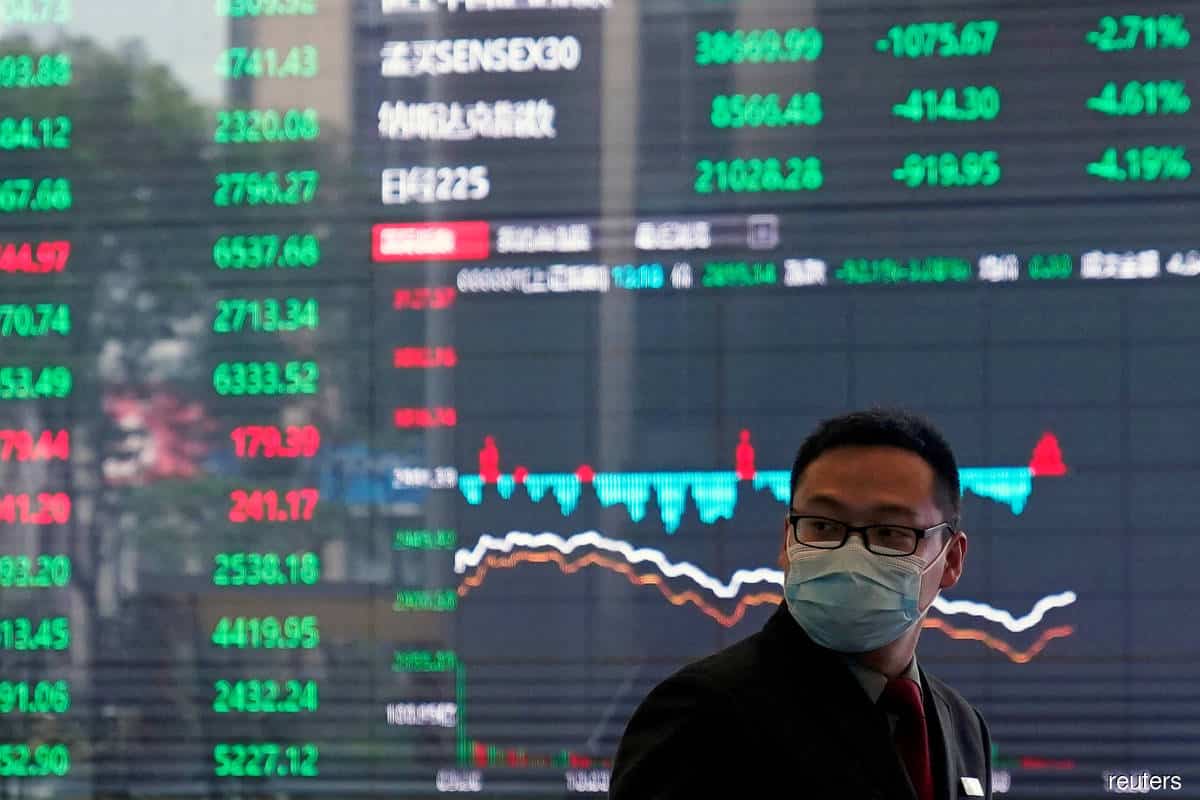11013
0
SMIC's Shares Lost More Than 22 Percent In One Day
According to the news in Reuters, SMIC's shares traded on the Hong Kong stock exchange lost more than 22 percent in one day.

Yazar: Tom Roberts
Yayınlanma: 8 Eylül 2020 23:03
Güncellenme: 2 Mart 2026 21:26
SMIC's Shares Lost More Than 22 Percent In One Day
The danger that Seminconductor Manufacturing International Corp. (SMIC), China's largest chip maker, was added to the Asset List by the US shook the company deeply. According to the news in Reuters, SMIC's shares traded on the Hong Kong stock exchange lost more than 22 percent in one day. The decrease in the Shanghai Stock Exchange was 11 percent. The USA restricts or prohibits companies that are included in the Asset List from exporting products from their country. According to experts, SMIC is 50 percent dependent on the USA for the materials it uses in production. China provides great support to SMIC to be completely independent in chip production. However, the recent inclusion of the company in the Asset List by the USA will deal a big blow to these plans of China. "If the US takes this step, SMIC could sink in a few years," commented Mark Li of Bernstein Research.Claim To Have Ties With The Chinese People's Army
Almost all chip manufacturers in the world supply many materials used in the production process from Applied Materials from the USA. Entering SMIC on the Asset List will mean restricting access to these materials, which will take a heavy toll on the production process. The reason for the US investigation against the company is its alleged ties with the People's Liberation Army of China. SMIC flatly denies this.Chinese Minister Lijian: This Is Stark Bullying
Regarding the consecutive sanctions decisions the US has taken against companies in his country, Chinese Foreign Minister Zhao Lijian said, “China has made clear its solemn position on US unreasonable oppression of Chinese enterprises on multiple occasions. For some time, the US has been abusing national security concept and state power to impose all sorts of restrictive measures on Chinese companies without producing any solid evidence. This is stark bullying. China firmly opposes that." The USA had taken such a decision for Huawei before. Included in the Asset List, Huawei was banned from US companies from selling products and technologies. Restrictions almost silenced the chip part of Huawei, which produces its own chips and is becoming more assertive in this regard. Another problem for Chinese companies is that after the US takes a step in this direction, its allies may follow it. Japan and the Netherlands are among the countries that sell the necessary materials for chip production, but it is difficult for them to act against a decision taken by the USA. For example, in 2018, Donald Trump prevented Dutch machine maker ASML from selling the $ 150 million chip lithography machine needed to manufacture microprocessors to China.İLGİLİ HABERLER





European stocks soared and focus shifted to German retail sales after Powell's speech!

Forex Signal For TRY/USD: Inflation Slowdown in November.

Forex Signal For GBP/USD: Bullish Trend Still Not Breaking While Recovery Continues.

Forex Signal For EUR/USD: Starry US Data Points to Higher Fed Increases.

Forex Signal For BTC/USD: Downside Continues as Bitcoin Recovery Moves Less.
En Popüler Haberler
Yorum Yap
Yorumlar
Henüz yorum yapan yok! İlk yorumu siz yapın...